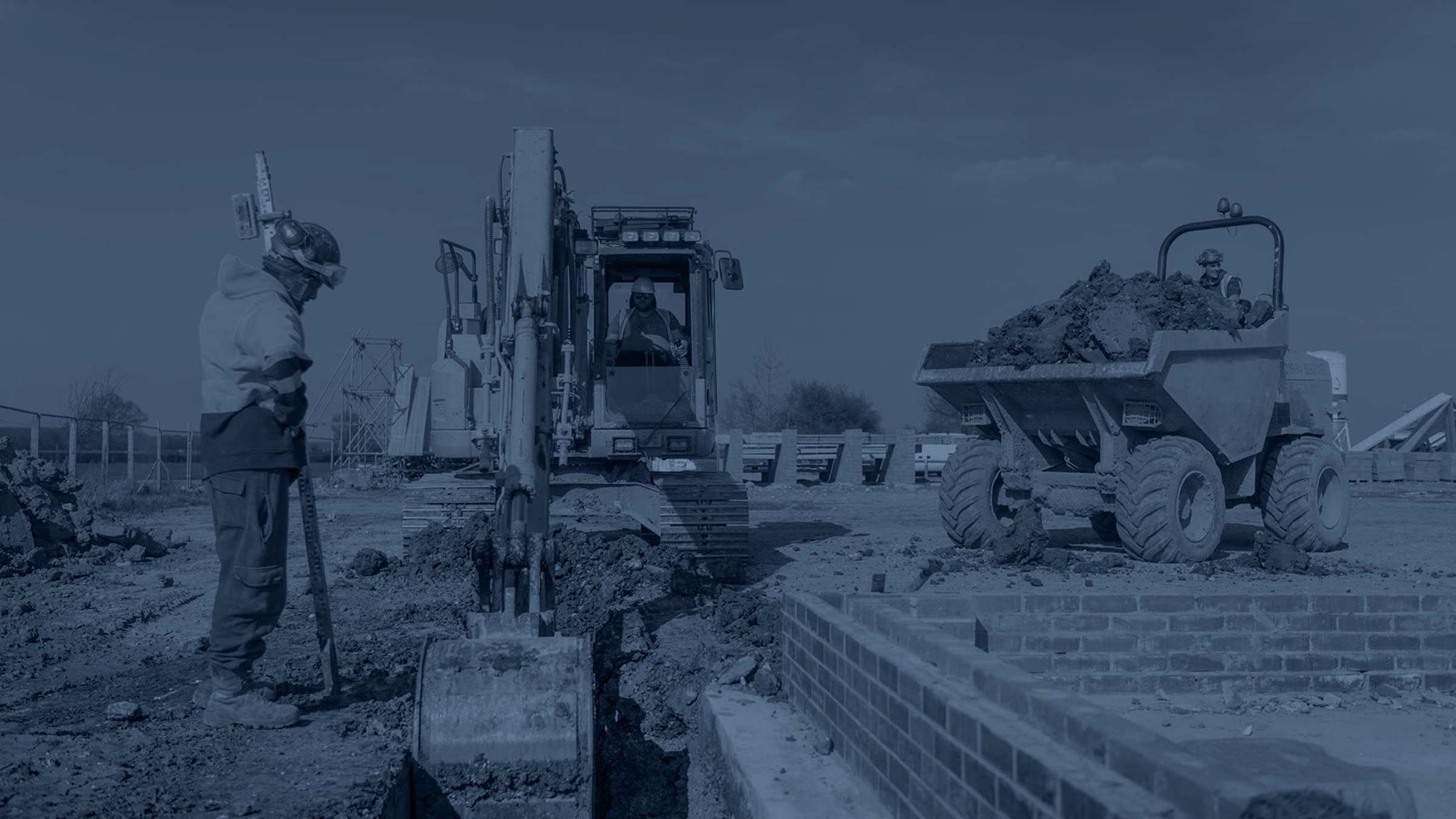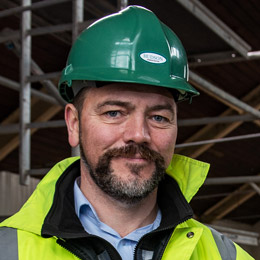11th December 2019 | Ian Anfield
In the future, computers will have taken over the construction industry. Buildings will be designed by algorithms, individual parts produced offsite in high-tech factories on 3D printing machines and transported by driverless electric vehicles for assembly onsite by drones. Every project will be delivered on time and on budget. Everyone’s happy. At least in theory.
New technologies are being developed to transform this vision into a reality on a building site near you, or so we were told at the recent Construction Productivity Conference in London. Productivity is the buzzword of the moment, hence the endless stream of commentators lining up to talk about the industry’s apparent problem with it.
However, none of the very smart business owners I spend my days speaking to even know what productivity means or how is it measured. They just crack on with their work, using the most efficient systems of work and methods of employing and deploying a workforce as they can.
Oblivious to what keeps construction’s elite awake at night, they just focus on what they can do right now to make money.
A representative from our so-called Construction Leadership Council told the conference that poor productivity costs the industry £15bn per year in lost output and claimed a 25 per cent increase in productivity could almost double the UK average profit margin of construction companies. Money talks, but with the grants being thrown around by Government as well as the likes of CITB chipping in with levy payers money to fund research and commentary, talk certainly ain’t cheap but certainly is plentiful.
However, as someone who spent nearly 20 years as a civil engineer working on large infrastructure projects, and 10 more working with the most forward thinking and successful owner managers of construction firms at Hudson, I feel better qualified than most of the usual suspects to talk about productivity problems and the possible solutions. Here they are:
- If industry wants to enjoy the benefits of innovation, it needs a new funding model
- Government must support modern flexible working and payment practices
- Customers should pay a fair price for a good job
Most of the issues are down to the major contractors being run by accountants, enslaved to the stock market and buying work to maintain and grow their turnovers, and Government departments massively favouring these failing firms with flawed, thoughtless public procurement practices and needless framework agreements. Maybe we need more big firms to go bust and a changing of the guard with privately owned tier two contractors coming to the fore under a new procurement system.
We are seeing the growth of a new group of agile subcontractors, able to quickly react to market conditions with the use of freelance labour.
The self-employed have a completely different mentality to work and a vested interest in production outputs rather than merely being paid to turn up. They are the most productive and innovative people, many becoming owner managers of the next generation of specialist firms, but some content simply selling their skills to the highest bidders.
Freelancers enable competition, entrepreneurship, the use of specialised labour and better allocation of risk. They eliminate wasteful down time. They reduce fixed costs, financial constraints and barriers to entry. And they earn great money.
This is precisely why the industry needs forward-looking policies to support the use of legitimate freelancers, not clumsy one-size-fits-all approaches ranging from employment charters for public tenders to new rules on off-payroll working known as IR35.
To truly boost productivity in the construction sector, the Government must find new ways to mobilise the growing army of freelancers, not limit their specialist skills and entrepreneurial mindsets with more red tape.
Want to talk to us?
If you would like to get in touch, call us or fill in your details and we will call you back.
Call 01262 401040
Request a callback
To speak to one of our team, call us on 01262 401040
Or request a callback and one of our team will be in touch at a time that suits you.
Request a callback
Please select your role and fill in your details and we'll get you the right person to call you:




